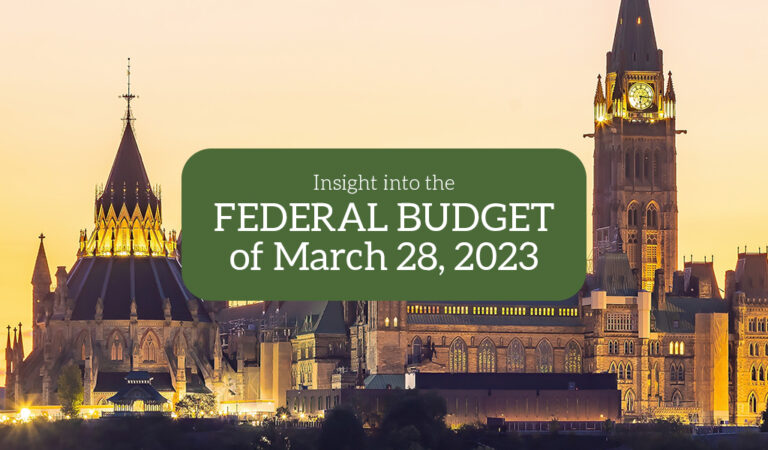
Testamentary trusts are trusts that are created upon a person’s death, pursuant to his or her will. Where the will does not explicitly provide for the establishment of a trust, an estate can still be considered a testamentary trust provided it does not continue for an unreasonably long period of time. Testamentary trusts are taxed at the graduated tax rates applicable to individuals. The most significant tax advantage of testamentary trusts has therefore been the opportunity to reduce one’s overall tax liability by managing the amount of the income that will be taxed in the trust versus taxed personally.
The 2014 federal Budget has significantly curtailed the tax advantages available through the use of testamentary trusts. Some of the more significant changes to the taxation of testamentary trusts include:
- Elimination of graduated tax rates, such that all income taxed within the trust will be subject to the highest personal income tax rate;
- Elimination of the $40,000 alternative minimum tax exemption;
- A requirement to have a calendar year end; and
- Quarterly instalment requirements.
Existing testamentary trusts must adopt a calendar year end on December 31, 2015 and will no longer be entitled to graduated tax rates beginning in 2016.
The proposed changes will not apply to testamentary trusts during the first 36 months after the death of the individual, nor will they apply to testamentary trusts established for the benefit of a disabled individual.
While these changes will significantly limit the advantages testamentary trusts have enjoyed until now, their use will continue to make sense in many situations. In particular, testamentary trusts will continue to be useful tools for controlling/protecting assets and ensuring one’s wishes are honoured after death. Further, while the tax advantages will be significantly reduced, they will still be available for up to 36 months after death, so consideration should be given as to how the maximum benefit can be achieved in that period. Even under these proposed changes, the benefits of testamentary trusts may still greatly exceed the cost of implementing and maintaining them.
For more information, please contact Zoran Vranjkovic at zvranjkovic@welchllp.com.
Zoran Vranjkovic, CPA, CA, CFP
Senior Tax Manager
Ottawa Office









